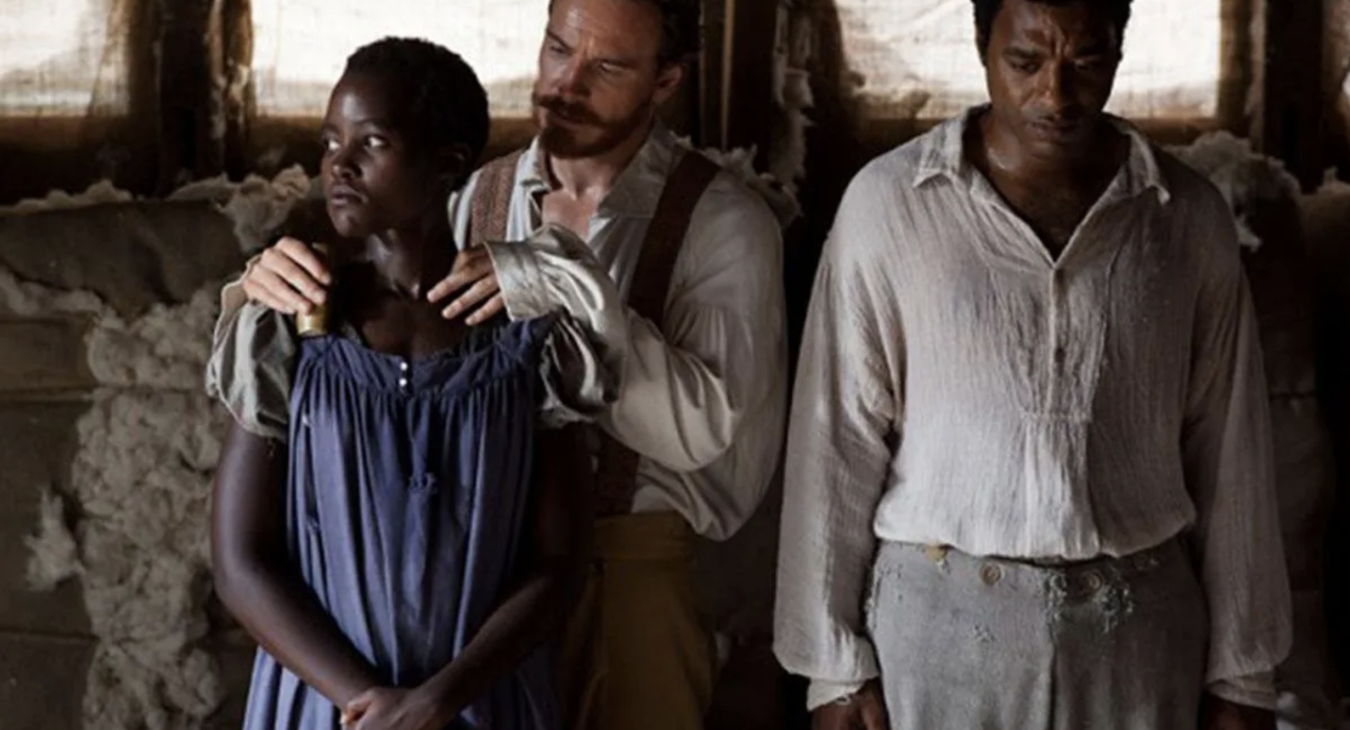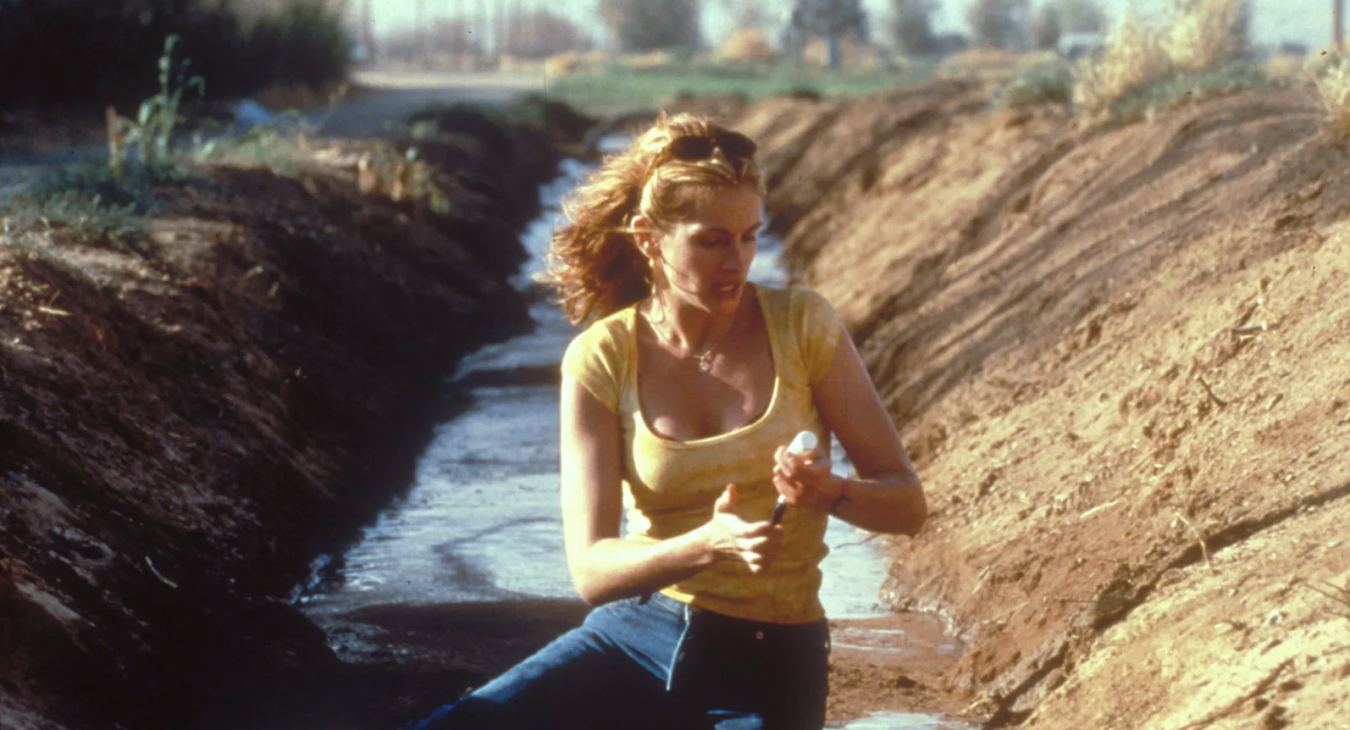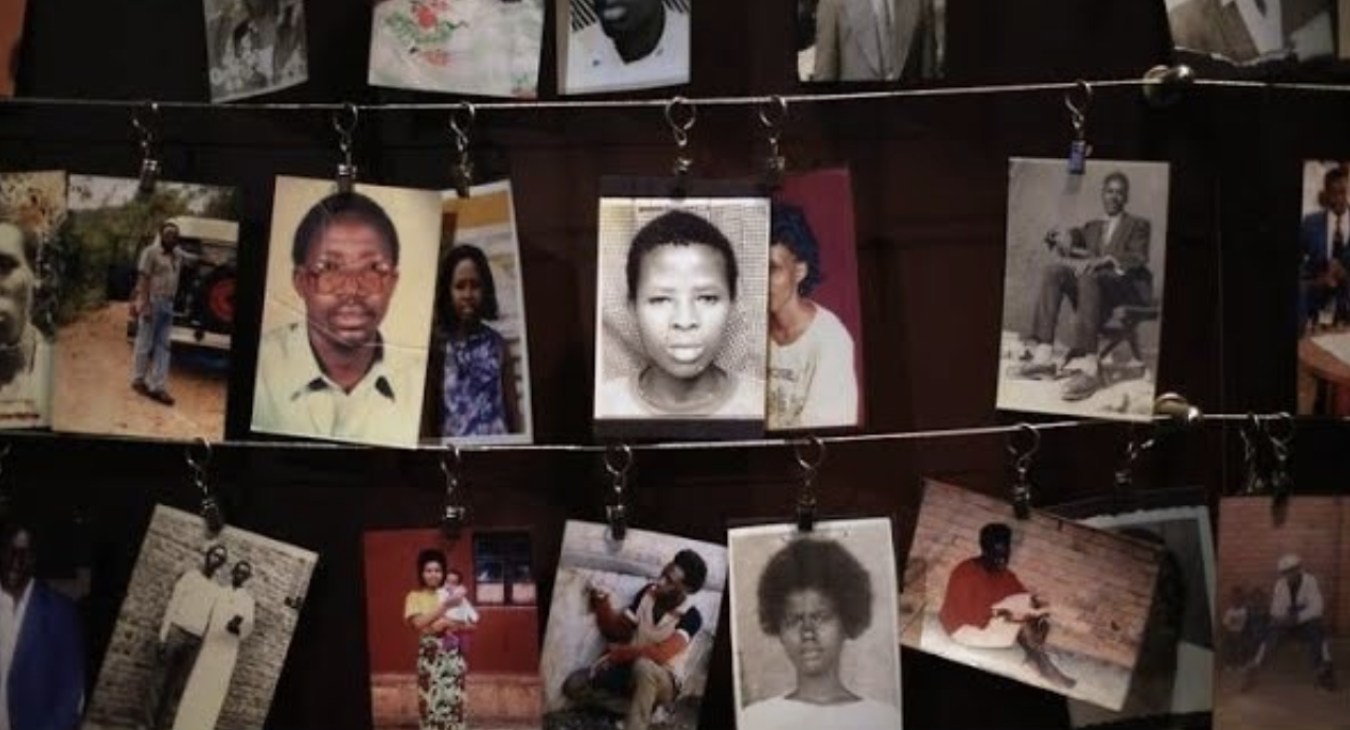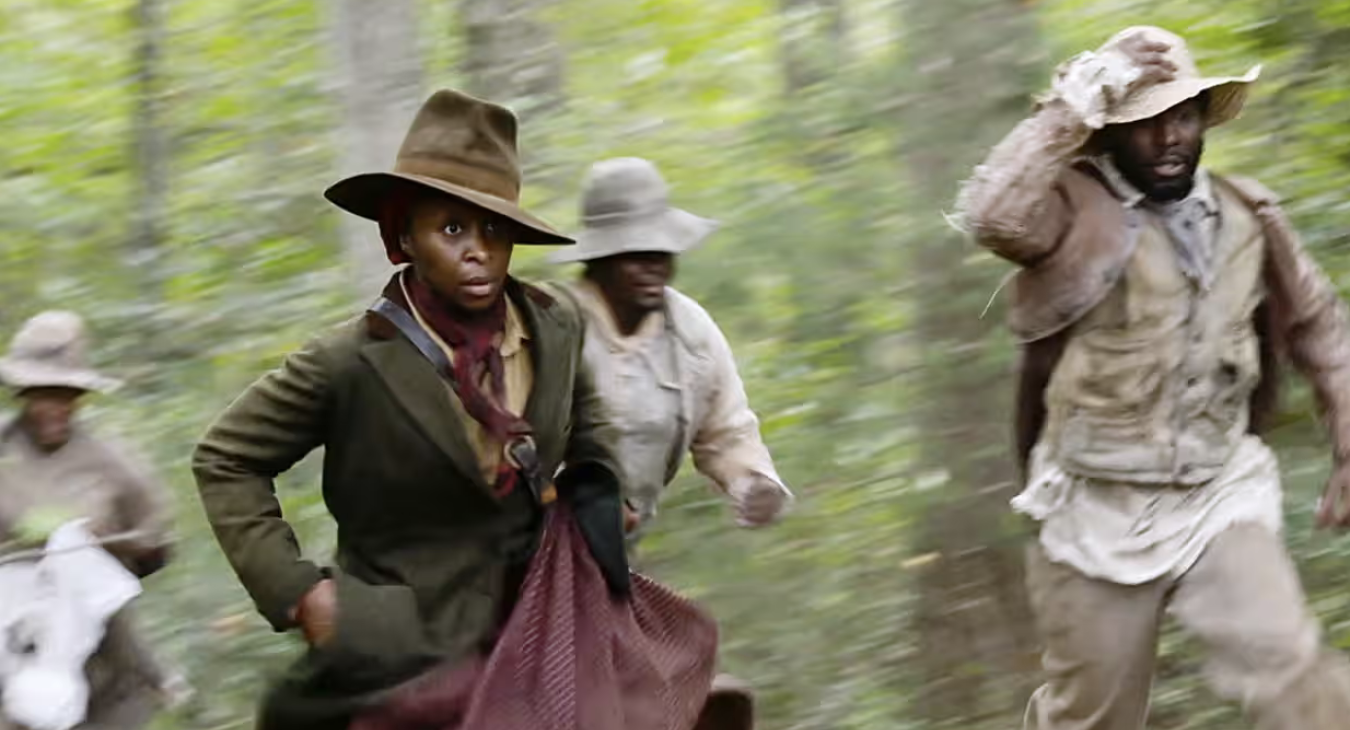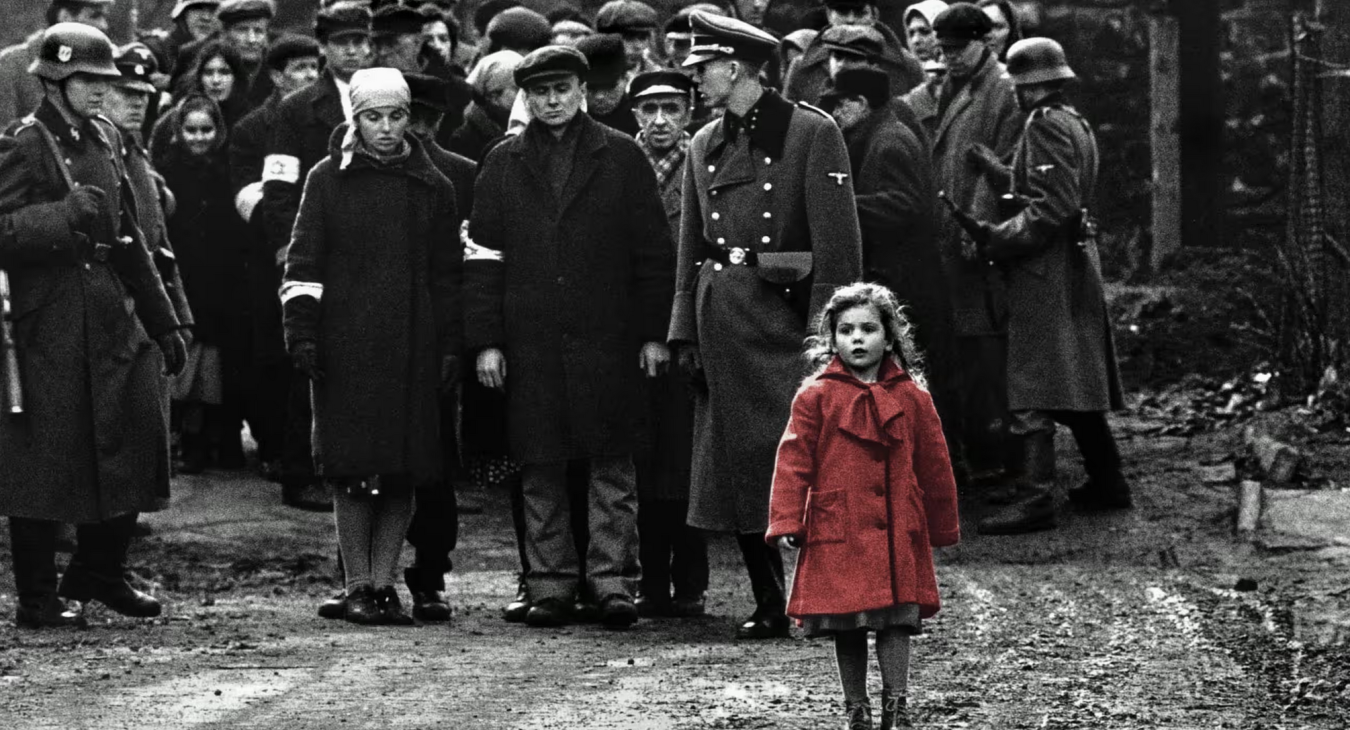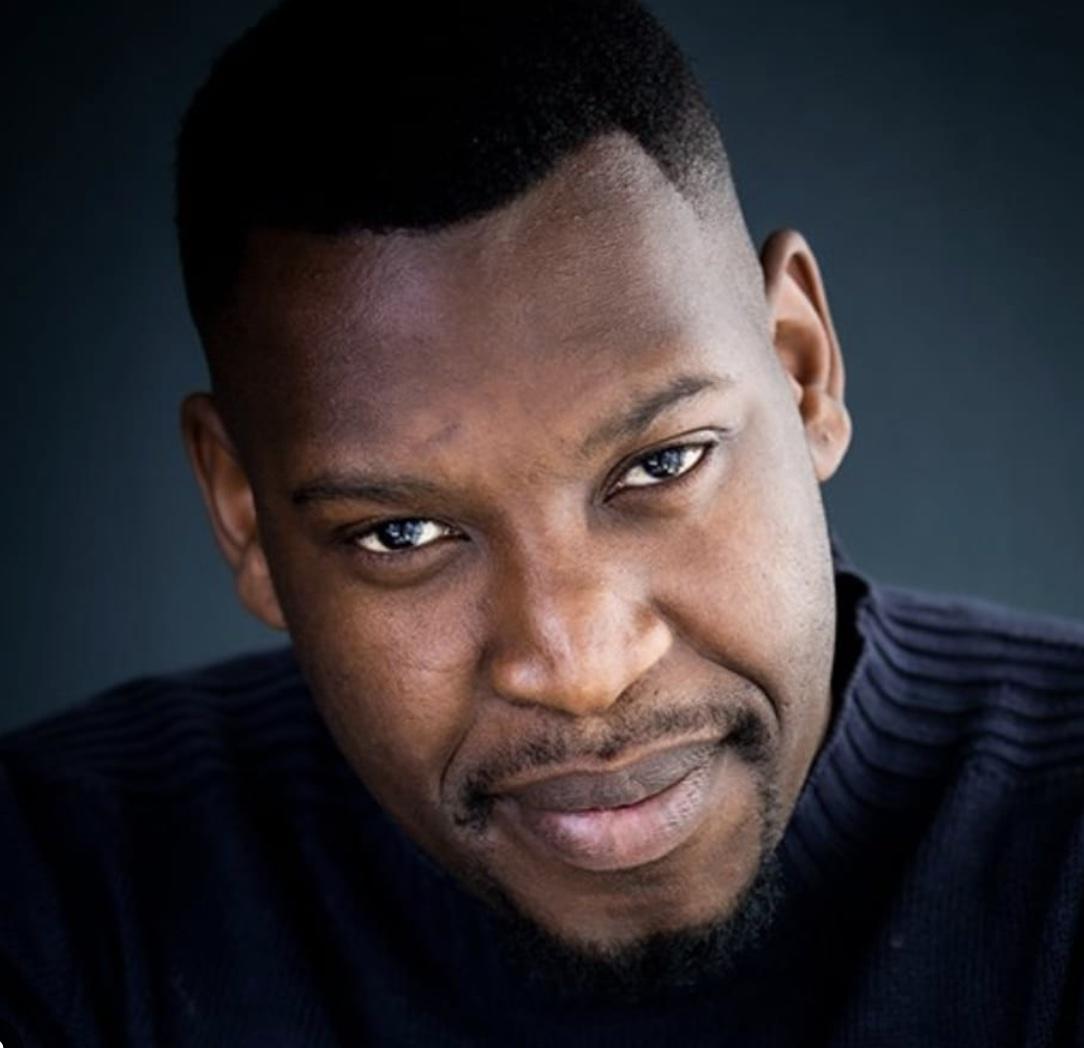Although Finding Penrose features a beautiful friendship between a black man and a white woman, this story is not abo
This is an intriguing question. History offers powerful lessons, and we do often learn from them, but will humanity ever truly learn from its mistakes? The echoes of the past reverberate in the present.
Penrose's Story 100 Years Ago
Can we break the cycle of injustice Stories from slavery to environmental injustice, the fight for a better future continues? Will we learn and rise above?
In 1922, at the tender age of 12, Penrose, a young boy from Basutoland (now Lesotho), was forcibly taken from his home and enslaved. His harrowing story, which is the inspiration behind the upcoming film "Finding Penrose," is a stark reminder of the cruelty and injustice that have plagued humanity for centuries.
Penrose's tale is one of resilience and the unbreakable human spirit in the face of unimaginable adversity. Despite being stripped of his freedom and identity, Penrose never lost hope and fought tirelessly to reclaim his sense of self in a world that sought to erase him.
While Penrose's story may have begun a hundred years ago, the themes of oppression, discrimination, and the struggle for equality continue to resonate in our modern age. From the ongoing fight against systemic racism to the refugee crises unfolding across the globe, we are confronted daily with evidence that the lessons of our past have not yet been fully learned.
Recent events, such as the Black Lives Matter protests and the plight of the Rohingya people in Myanmar, serve as poignant reminders that the battle for justice and human rights is far from over. The COVID-19 pandemic has further exposed the deep inequalities that exist within our societies, with marginalized communities bearing the brunt of the health and economic fallout.
As we reflect on Penrose's story and the countless others like it, we must ask ourselves: Will humanity ever learn? Will we continue to repeat the mistakes of our past, or will we finally heed the call to build a world based on compassion, equality, and respect for all?
The answer lies in our collective willingness to confront the uncomfortable truths of our history, to listen to the voices of those who have been silenced, and to take action to create meaningful change. By sharing stories like Penrose's, we keep the flame of hope alive and remind ourselves that even in the darkest of times, the human spirit has the power to overcome.
The answer may lie in stories like Solomon Northup's. His tale not only exposes the horrors of slavery but also highlights the resilience of the human spirit. Penrose's unwavering belief in his freedom serves as an inspiration for all who continue to fight for a more just and equitable world.
Perhaps humanity's ability to learn lies not in complete eradication of past mistakes, but in our ongoing pursuit of progress.
As we move forward, let us draw strength from the resilience of those who have come before us and commit ourselves to the ongoing fight for justice.
By acknowledging our failings, amplifying voices like Northup's, and actively working towards a better future, only then can we hope to create a future in which stories like Penrose's are a thing of the past, and the answer to the question "Will Humanity Ever Learn?" is a resounding "Yes."
What do these following commentaries show us about humanity?
Solomon Northup's Story Centuries Ago
The story of Solomon Northup, a free man kidnapped and sold into slavery in 1841, continues to resonate deeply today. His harrowing account in "Twelve Years a Slave" serves as a stark reminder of the dark chapters in human history.
While Northup's story is separated from us by a century, its themes of injustice, prejudice, and the fight for freedom remain painfully relevant. Recent events, such as the ongoing struggles for racial equality and the plight of refugees worldwide, echo the echoes of Northup's experiences.
The question then arises: Will humanity ever truly learn from its past? Do we have the capacity to break free from the cycle of violence and injustice?
IMAGE: Lupita Nyong’o as Patsey, Michael Fassbender as Epps, and Chiwetel Ejiofor as Solomon Northup in 12 Years a Slave. [Vanity Fair]
Erin Brockovich and the Fight for Environmental Justice
The Power of Advocacy comes to us from Erin Brockovich, a legal clerk who took on a powerful corporation in a battle for clean water, became a symbol of environmental activism.
Her story, immortalized in the film "Erin Brockovich," highlights the power of individuals to challenge injustice and fight for the well-being of their communities.
Looking around at the ever-present threat of environmental degradation, Brockovich's story compels us to question the impact of our actions and the importance of safeguarding our planet.
Immaculée Illibagiza's Story of Hope
Forgiveness and Reconciliation is reflected in Immaculée Illibagiza, a survivor of the Rwandan genocide, who found the strength to forgive through faith.
Her powerful memoir, "Left to Tell," and subsequent talks inspire hope and healing in the face of unimaginable trauma. As humanity continues to grapple with conflicts and atrocities, Illibagiza's journey reminds us of the transformative power of forgiveness and the possibility of rebuilding shattered communities.
Harriet Tubman's Legacy
From Resilience to Revolution comes Harriet Tubman, a conductor on the Underground Railroad, who risked her life to guide enslaved people to freedom. Her story, documented in various biographies and the film "Harriet," showcases the power of courage and resistance in the face of oppression.
Today, as we grapple with issues of human trafficking and forced labour, Tubman's legacy reminds us of the ongoing fight for human dignity and freedom.
(IMAGE: Liberation and solidarity… Cynthia Erivo as Harriet Tubman. Photograph: Allstar/Focus Features)
Schindler's Long List
The Holocaust, the systematic extermination of millions of Jews by Nazi Germany during World War II, stands as a chilling reminder of humanity's capacity for unimaginable cruelty. Survivors like Elie Wiesel, whose harrowing account in "Night" became a cornerstone of Holocaust literature, bore witness to the depths of human barbarity.
Their stories, echoed in countless films like "Schindler's List," serve not only as historical documents but as urgent pleas for vigilance and empathy. As the world still faces issues of discrimination, ethnic violence, and crimes against humanity, the experiences of Holocaust survivors compel us to ask: Have we truly learned from the horrors of the past? Is it possible to ensure such atrocities never happen again? The responsibility lies with each generation to remember, to speak out against hatred, and to actively build a more just and tolerant world.
Schindler's List is based on a true story, but it's not a completely factual account. The film depicts a real person, Oskar Schindler, a German businessman who saved over 1,200 Jews during the Holocaust by employing them in his factories. The movie takes some creative liberties for dramatic effect. For instance, the character Itzhak Stern (played by Ben Kingsley) combines elements of several real people who helped Schindler.
IMAGE: For Spielberg, telling Schindler’s story was a tool to combat ignorance, but it is work that continues.’ Photograph: Allstar/Cinetext/Universal. [The Guardian]


